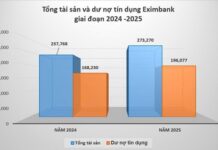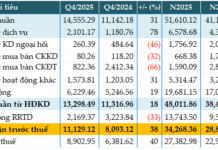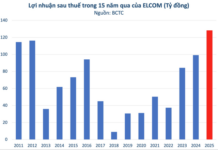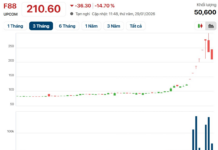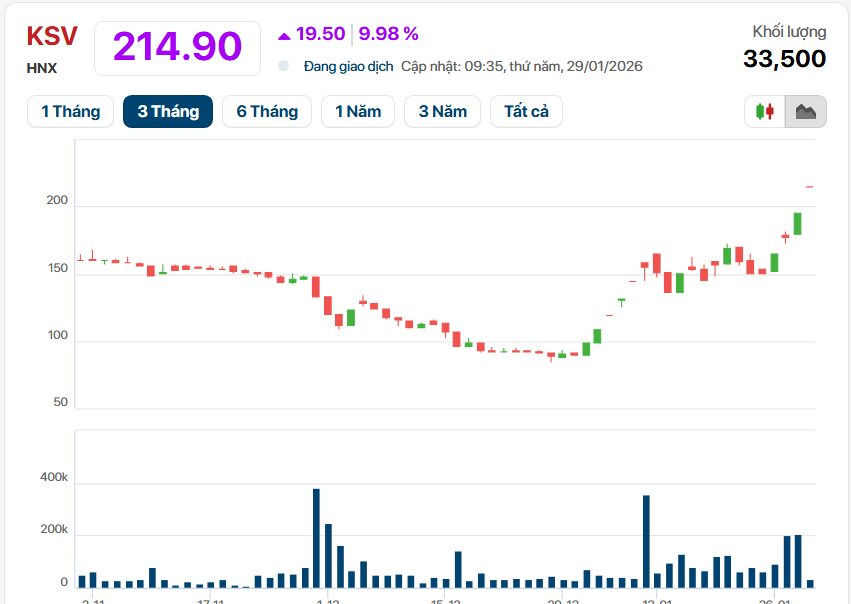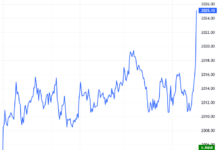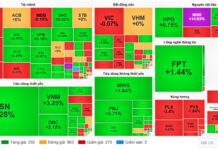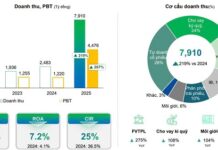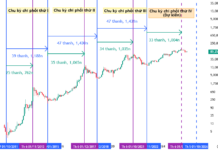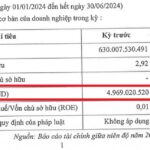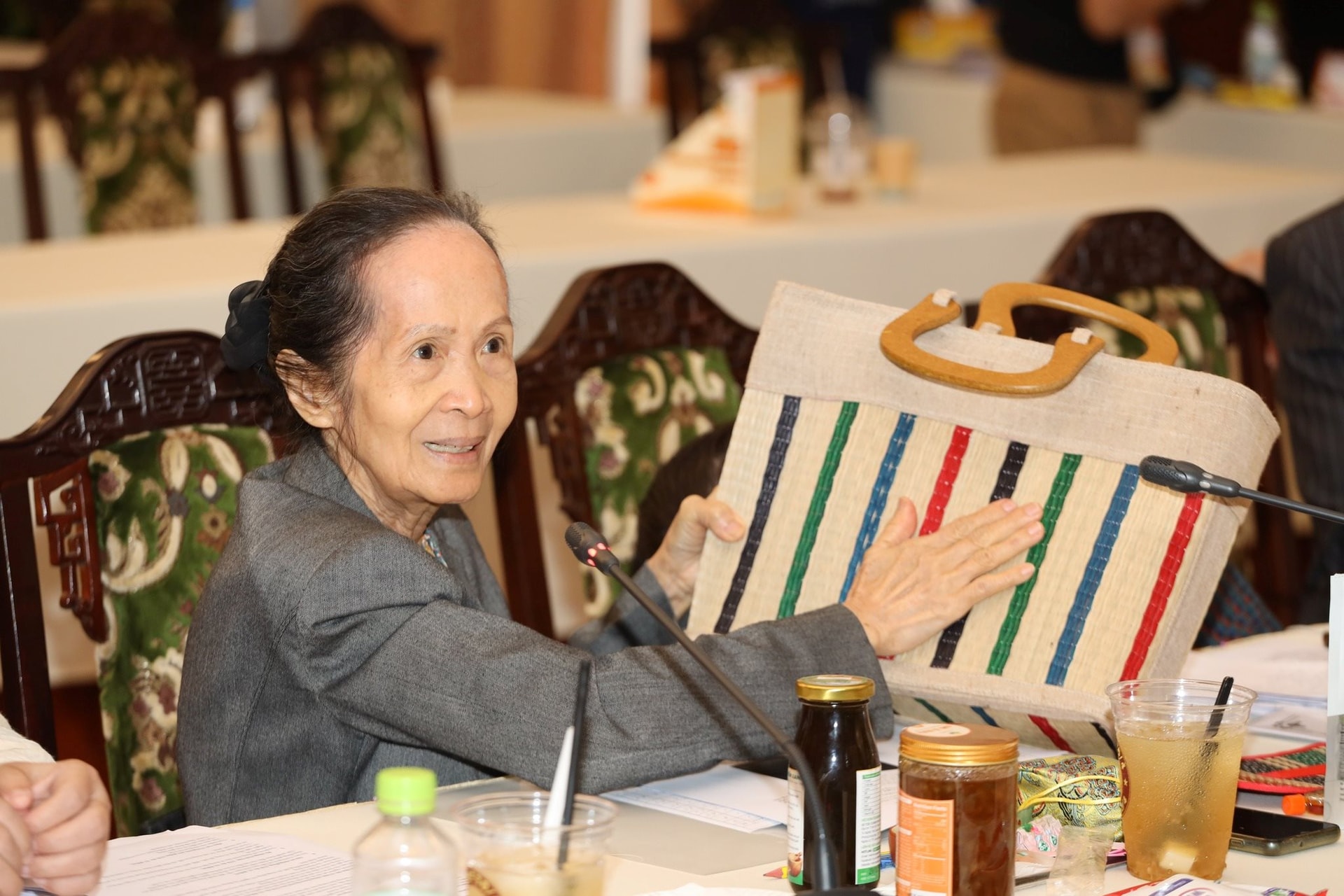
Renowned economist Pham Chi Lan evaluates a product of a startup during the “Green Startup” 2024 competition.
As a frequent companion of Vietnamese startups,
Economist Pham Chi Lan
possesses profound insights into founders, especially young entrepreneurs with early-stage projects.
According to Ms. Lan’s observations, founders in the early stages often face the following challenges:
– They tend to prioritize export markets over the domestic one;
– They believe that the dynamics of global politics won’t affect their ventures;
– They present a biased picture when portraying their company’s financial health;
– They are reluctant to collaborate with other startups and businesses.
”
Many startups think that exporting is more prestigious, but the domestic market is actually tougher than foreign markets, which are often already ‘red oceans’,
As of now, Vietnam has 17 FTAs in effect or about to take effect, and two more are under negotiation. It’s rare to find an economy as open as Vietnam’s, where exports dominate. So, the competition in the Vietnamese market is no less fierce than in the global arena. In fact, from my understanding, it can sometimes be more cutthroat than the global market”,
shared Ms. Pham Chi Lan during her time as a judge at the ‘Green Startup’ 2024 competition.
According to statistics from the World Bank, Vietnam’s exports of goods and services are equivalent to 94% of its GDP, ranking 14th globally.
In Vietnam’s total exports, goods account for the majority, contributing 82% of the GDP. Service exports, mainly from tourism and transportation, make up 12% of the GDP. In comparison, two other critical components of economic growth, retail goods and services sales (reflecting domestic consumption demand) and social investment (including private, public, and FDI investment), account for only 61% and 33% of GDP, respectively.
According to this economic expert, only when domestic businesses become highly competitive, meaning they can dominate the market and thrive in their home turf, will the country’s intrinsic strength increase. However, currently, many Vietnamese startups are reluctant to focus on capturing the domestic market and often seek export opportunities prematurely, prioritizing exports over the local market.
”
Due to the lack of intrinsic strength in Vietnamese businesses, purchasing power and domestic consumption are weak
“, she explained.
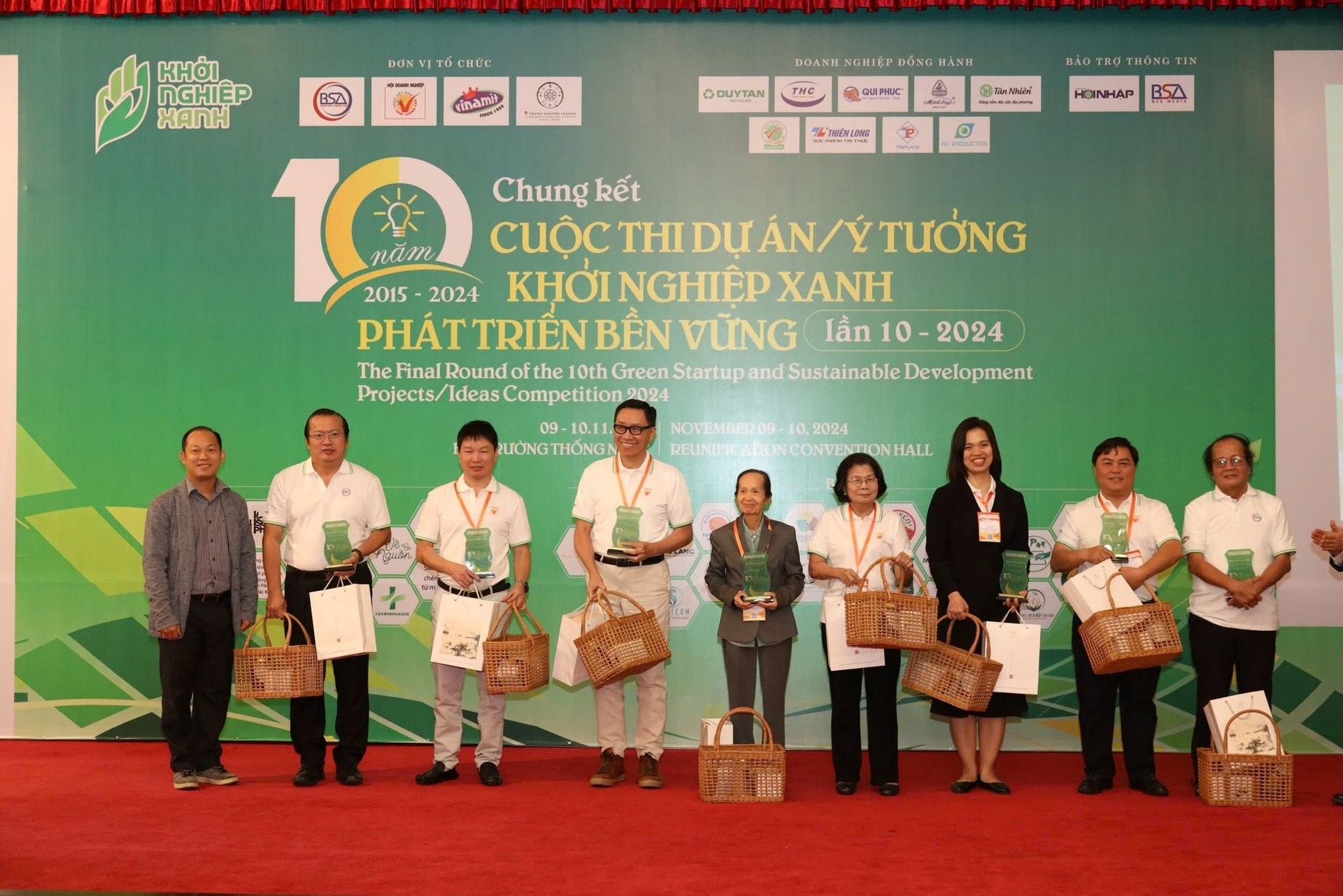
Economist Pham Chi Lan has been a judge for multiple seasons of the “Green Startup” competition.
Data from the Ministry of Industry and Trade shows that in the first six months of 2024, total retail sales of goods and service revenue at current prices were estimated at nearly VND 3,099 trillion, up 8.6% from the same period in 2023 (up 11.3% in the same period in 2023). Excluding the price factor, the increase was only 5.7% (up 8.8% in the same period in 2023). Domestic purchasing power in the first six months was lower than in the same period in 2023 and the 2015-2019 period. Many businesses couldn’t withstand the pressure and had to exit the market.
Additionally, Donald Trump’s election as US President will impact the Vietnamese economy and its businesses, as Vietnam currently enjoys a trade surplus with this market. For many years, the US has consistently been Vietnam’s largest export market.
Another concern is the potential for the new President to withdraw the US from the Paris Agreement on climate change, which could create severe environmental risks in the future. However, this doesn’t mean that the US will relax its standards for imported goods. The US government will need to listen to the demands of its consumers and engage in dialogue with them, making ‘green products’ a requirement for imports.
Thirdly, as many founders lack financial expertise and knowledge, they often present an emotionally biased picture of their company’s financial health.
Lastly, Ms. Lan offered some advice: “People often say, ‘there are no permanent enemies, only permanent interests’. We shouldn’t view businesses in the same industry as competitors but as close partners, with whom we can collaborate to double our strength and synergize to rise above challenges. Collaboration doesn’t necessarily have to be with businesses in the same industry; it can also be with those from different sectors. For startups with limited resources, collaboration is a valuable and necessary strategy.”
High-Speed North-South Railway: A Massive Opportunity, but…
The upcoming high-speed rail project presents an enormous opportunity for Vietnamese businesses to undergo a significant transformation. Experts believe that local enterprises must collaborate and invest in technology to take on this iconic national project. If Vietnamese businesses fail to unite and embrace technological advancements, we risk losing out on our home turf.
What is a Credit Score?
Credit scores are a familiar term in finance, but for those who have never borrowed money, it may be an unfamiliar concept.
Accompanying Farmers, Nam Ngu Promotes Ly Son’s Renowned Garlic
“Masan Consumer, the company behind the Nam Ngu brand, has embarked on a journey to promote Ly Son garlic and support the local economy in Quang Ngai province. In collaboration with government agencies and local farmers, the company aims to develop the region’s economy and preserve its renowned specialty. This partnership showcases Masan Consumer’s commitment to not only creating high-quality products but also to uplifting and celebrating local communities and their unique offerings.”
“Unilever Vietnam Takes the Lead in Driving Plastic Circularity in its Value Chain.”
Over the years, Unilever Vietnam has steadfastly implemented a strategy to promote plastic circularity within its value chain. Representatives from Unilever Vietnam and DUYTAN Plastic Recycling Joint Stock Company shared insights into the solutions they have employed and continue to employ to achieve this.








